“The toys your children play with help shape their view of the world.” – Nanika Coor, Psy.D., clinical psychologist
If you’re reading this, chances are you already care more than most about exposing and teaching your child(ren) about the world around them. The challenge, we quickly learn, lies not in our efforts to foster diversity and encourage inclusion but in the pervasive images, messages (or lack of them) and attitudes that society perpetuates around us. Too often, we’re also limited by our own learnings and the need to unlearn. Intentionally changing the world around us and our littlest ones begins by changing the world within.
Start early and intentionally
Just like play is the work of a child, building well-informed, receptive and perceptive children is core to our work as parents and caregivers. At The Toyary, we believe that building the right foundation for this work starts well before a child is old enough to even have a conversation about racism, bias and stereotyping. It’s as important to question ourselves as parents and caregivers as it is to question the environment we’re establishing for our children. As an infant:
- What is a child’s “micro” world communicating to them?
- What are their surrounding images and narratives (or lack of them) showing them about who they are and the differences in the world beyond?
- What can we do better and earlier to be more proactive?
Make it easy
While we can’t control the broader world our children are exposed to, we can control how they might influence and react to it through the earliest, most powerful way they learn—play. While playmakers still have a lot of catching up to do, the emergence of more diverse and inclusive-focused toys and games is thankfully growing. To help drive awareness and access to these items for more families, we’re especially focused on incorporating more diverse and inclusive play experiences into our toy collection at The Toyary. At the same time, we’re keeping tabs on what’s new so that you don’t have to.
Keep these 10 lenses in mind
In this spirit, here are ten ways we’re trying to foster diversity and inclusion through our toy library collection at The Toyary, including a couple local makers we’re just plain fans of. Unless otherwise mentioned, these experiences are available for our members to borrow/trial, and for any parent or caregiver to seek out on the journey to shape more mindful, aware and confident children empowered to take on the world around them.
(Note: We receive absolutely no compensation for the items referenced here. These are strictly items we recommend as play experts and parents for the benefits of members using our toy library collection.)
1. “Toys that look like me.”
Kids need to see themselves represented in their toys to feel valued and secure in their roles in society. While the same holds true for the media and stories they see and hear, toys are so often among the first “media” our children consume. When we’re considering which toys fit into our collection, we look for characteristics that support different aspects of diversity, like this fantastic set of huggable, multicultural baby dolls by Constructive Playthings and the dolls behind Boston-based Fusion Dolls, that are on our toy wishlist! For folks who are really on the lookout for doll that reflects their child, we recommend checking out the adorable and inspirational work of A Doll Like Me.
2. “Toys that don’t look like me.”
As important as it is for children, especially underrepresented children, to see themselves reflected in toys, it’s vital to normalize and celebrate differences. For white parents in particular, dominating the narrative early on begins with being more mindful about the diversity apparent in a child’s toy collection. What colors and genders do their dolls represent? How do their playthings reflect the world beyond their bubble? In our toy library, for example, we’re proud to include multicultural dollhouse families, diverse play kits and (we’re especially fond of) our My Family Builder Set, whose very message is: “Not all families look alike. Build your own!”
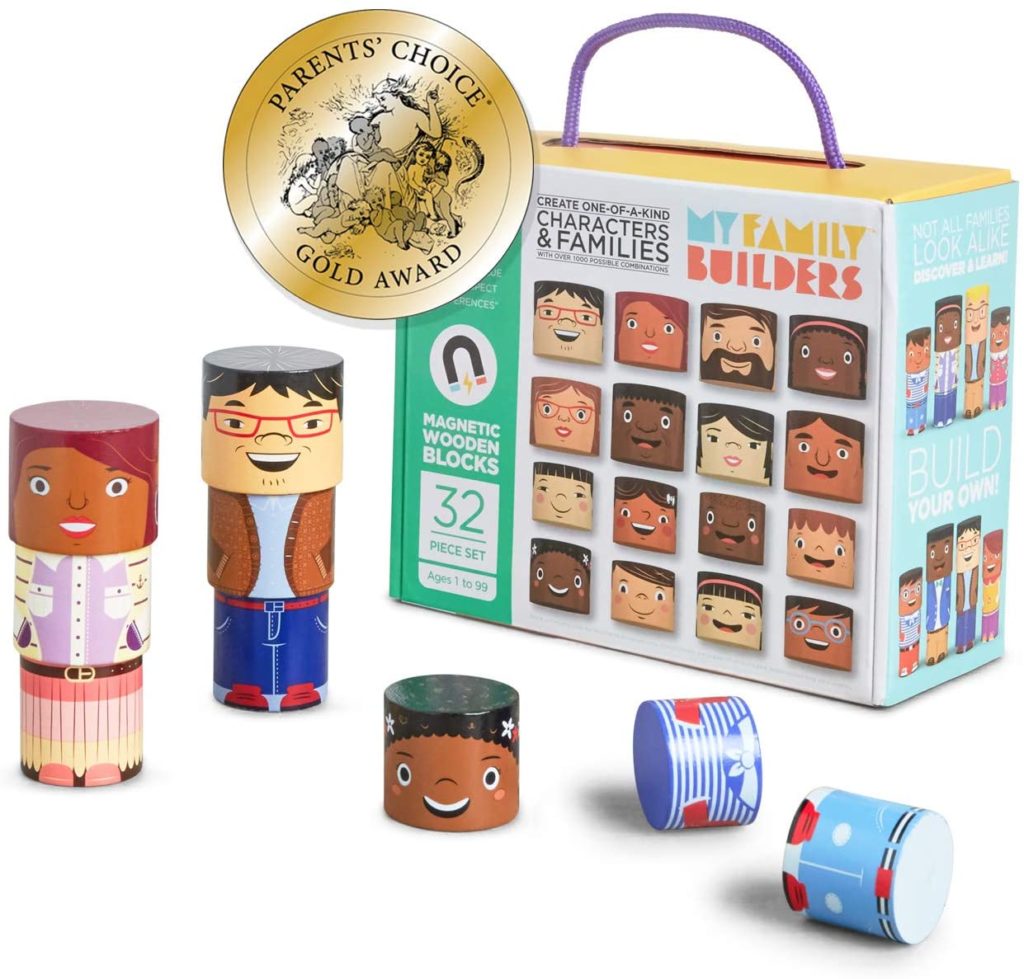
3. “Toys that tinker with diversity in new and STEM-based ways.”
As much as we’d like to keep this loose parts guru all to ourselves, it’s time we come clean about our growing toycrush on Wonder Bitz, a friend of The Toyary and an emerging playmaker local to Boston that is one to watch! Many of Wonder Bitz’s items blend open-ended tinkering kits with diversity narratives, like a melanin-based STEM kit and a diversity play dough tinker tray. While we’re eager to bring more of this style of play to our own library, you can currently snag one of these kits all for yourselves (and kiddos) on Etsy.
4. “Toys that help diversify my experiences.”
Everything from pretend food to musical instruments, and from puzzles to bilingual activity sets, present opportunities to diversify. We encourage members to use our toy library to get creative about the types of experiences these items can introduce, whether it’s inviting your little one(s) to whip up our pretend stir fry set in one of our play kitchens or engaging them with a bilingual talking activity book.
5. “Games and stories that broaden my hero base.”
Just like kids want to see themselves represented in their toys and dolls, they also benefit tremendously by learning about inspirational heroes of all shapes and colors. For instance, parents/caregivers with kids as young as 3 years old can use games like this beautiful Little Feminist Memory Matching Game to show and tell them about real women who have changed the world.
6. “Play that helps expand my concept of gender.”
As any parent or caregiver knows, the impact of gender stereotyping from the toy industry and across media platforms is profound. Like with issues of diversity and inclusion, the tide is slowly changing for gender inclusivity as we see players like Mattel take steps to introduce gender neutral dolls and California considering a bill that would enforce gender neutral toy departments. In the meantime, we’re excited to include games and books like Playing with Pronouns in our toy library for kids as young as four years old.
7. “Play that challenges gender-based stereotypes.”
Who says a boy can’t play with a doll? Well, possibly the same folks who say a boy shouldn’t cry! In fact, giving a boy a doll not only helps break detrimental, shame-fueling stereotypes; it also helps drive key social and emotional skills that are vital to a young child’s development, regardless of their gender. While we have plenty of dolls, pets and animals available for nurturing at The Toyary, we’re also big fans of Wonder Crew dolls that come in a variety of skin tones and characters to reflect the boy or girl that will love them.
8. “Toys that expose me to broader cultures.”
Even if you can afford it, a trip around the world might not be in the cards during Covid-19, and it’s certainly not going to be memorable if you’re a baby. But broadening a little one’s worldview can still begin early through the toys, games and images their caregivers expose them to. Whether through our toy library or on your own, take advantage of play experiences like these Kids Around the World Block Play People and activities like this I Never Forget a Face matching game that help familiarize kids with children and customs from across cultures.
9. “Toys that reinforce all types of abilities.”
Too often efforts to promote diversity and inclusion neglect to include differences in ability. Here’s a great post identifying inclusive toys for kids with different abilities. Within our own collection, we include this set of Block Play People with Differing Abilities to help members more mindfully incorporate positive awareness and inclusive attitudes toward individuals with abilities different than their own (and to better reflect different abilities for those with them).
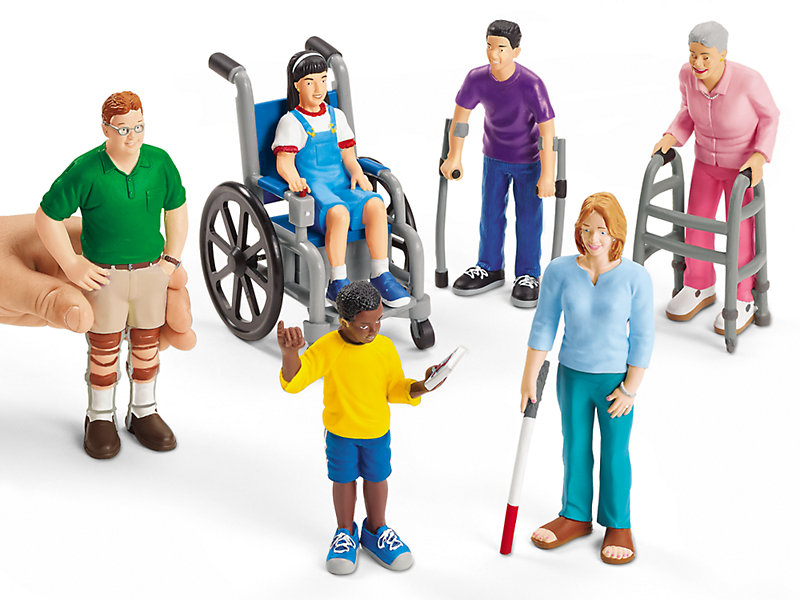
10. “Learning that inspires us to do and be more.”
Play experiences that encourage learning through engagement and effort in turn build confidence, which helps drive further action and growth. Driving change, in part, begins by giving our kids space to do this work—and the right frameworks and tools to guide them. Take learning the alphabet, for example: an achievement in itself, vehicles like Alphabet Affirmation Cards are a fun way to build even more confidence and personal growth. At The Toyary, we provide members with access to this set of Modern Alphabet Affirmation Flash Cards.
Tell us: What else would you recommend?
We’re constantly looking to bring more inclusive and diversity-based opportunities for play to our members. As parents who have tested them out on our own children, this list is just the beginning of our efforts to list out some of our favorites so far. In our pursuit to provide more diversity and inclusivity-minded play experiences to families, we’d love to hear from you too! Specifically:
- How are you integrating more diversity and inclusivity into your family’s experiences?
- What toy/game gems have you discovered that resonate well with your child(ren)?
- What can we do at The Toyary to encourage more of these conversations and learning opportunities?
Feel free to comment below or reach us directly to share your thoughts with us.
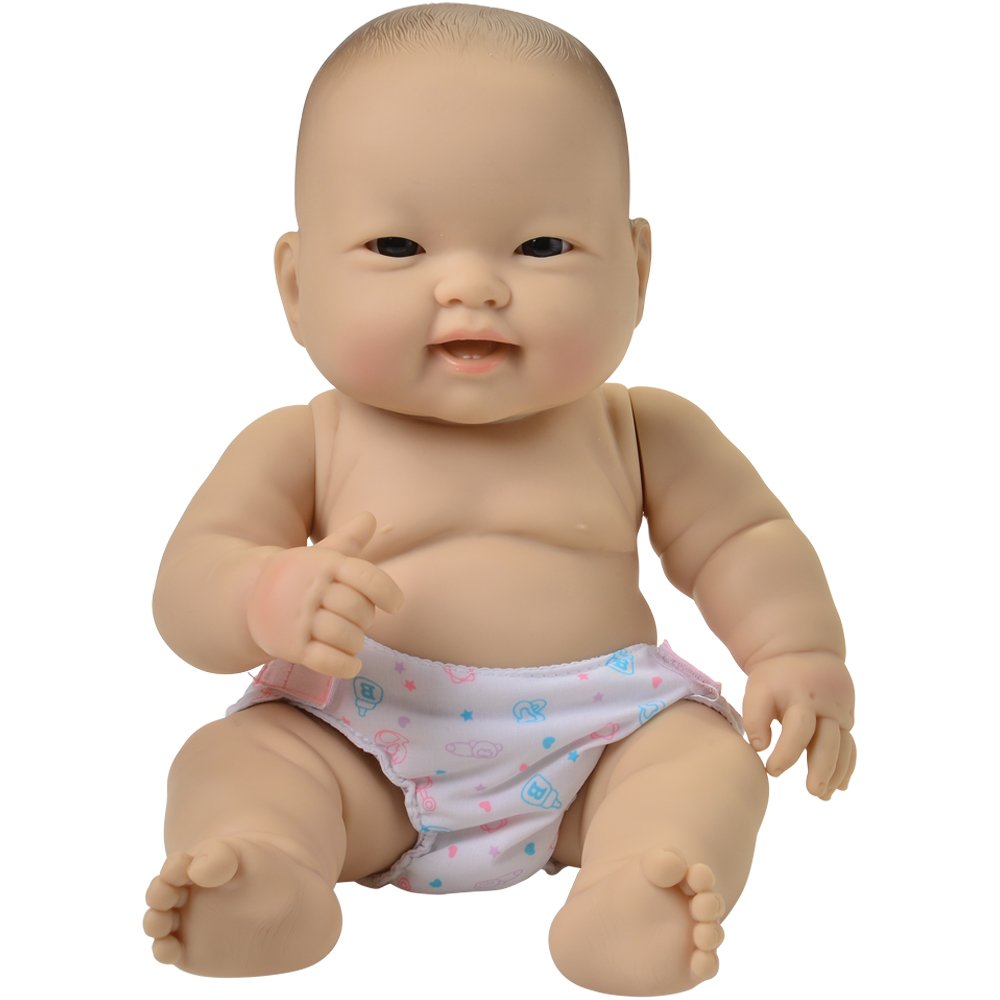
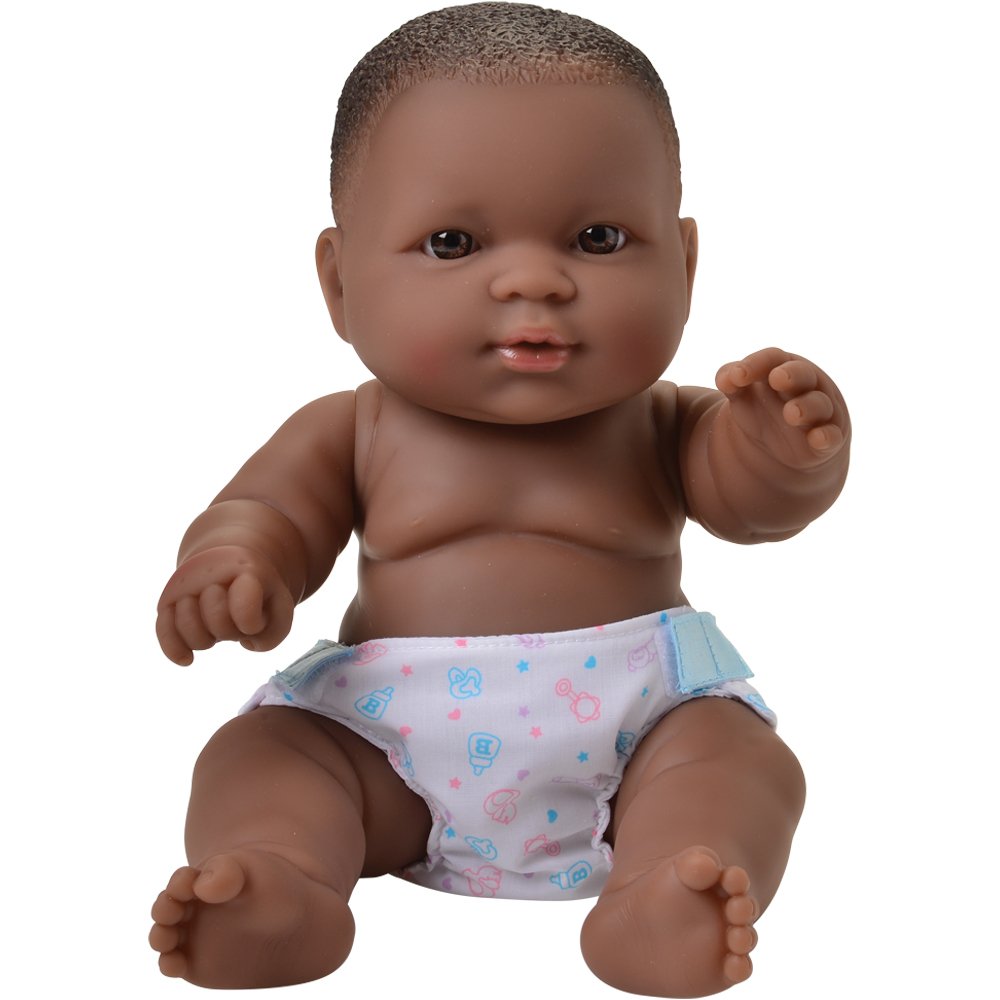
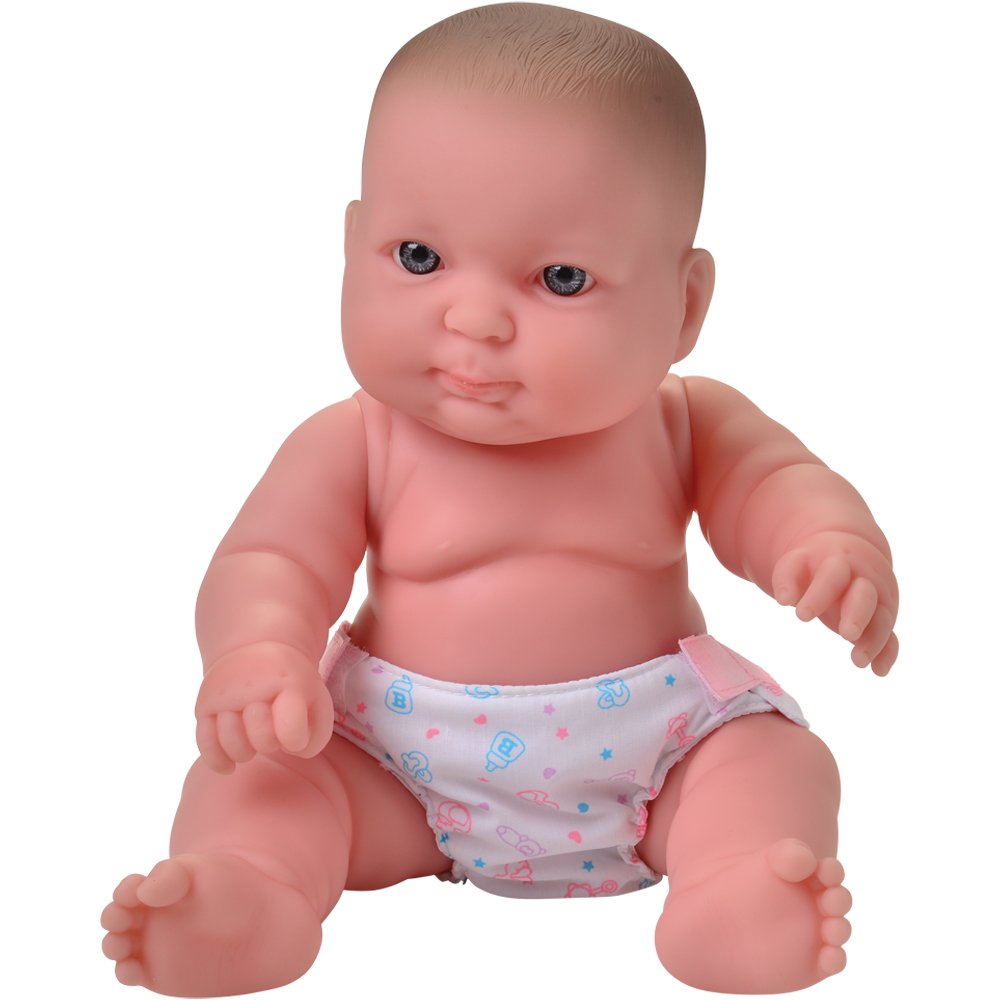
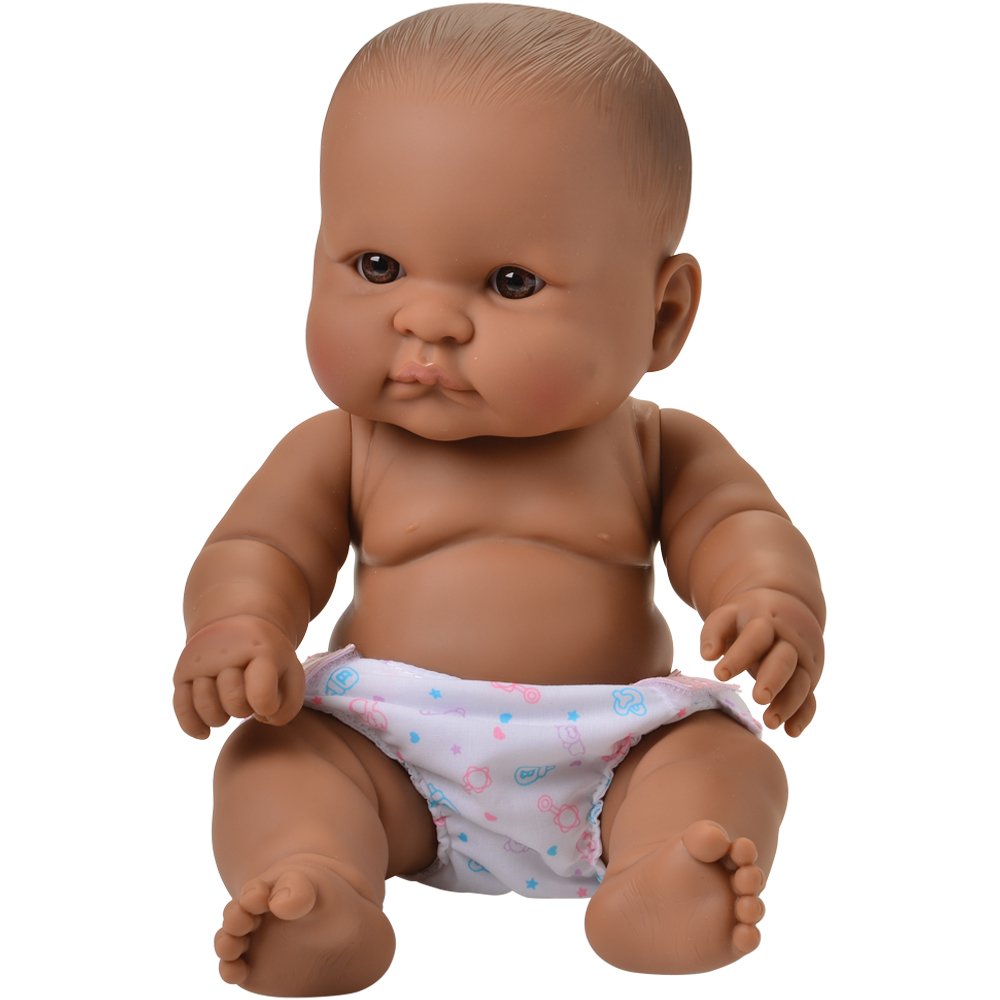
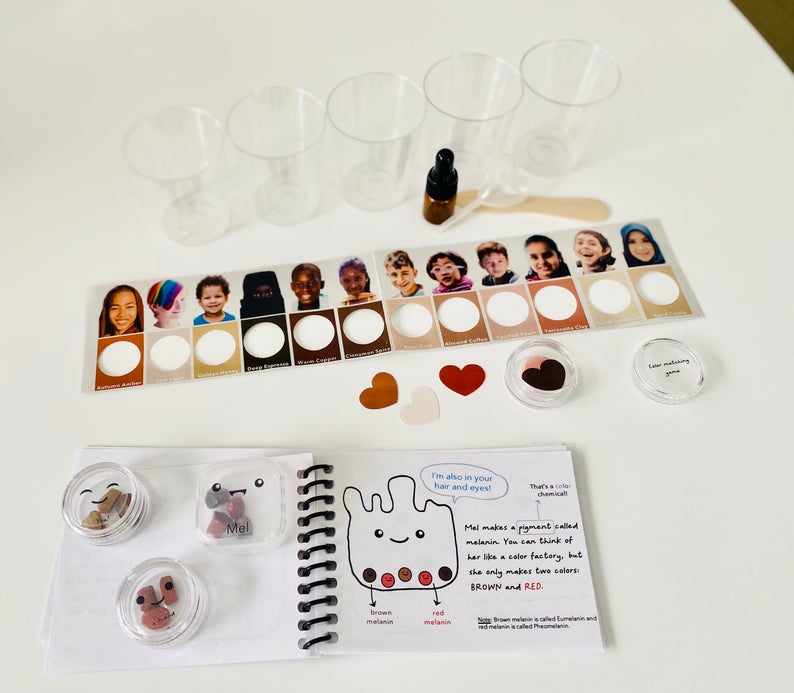
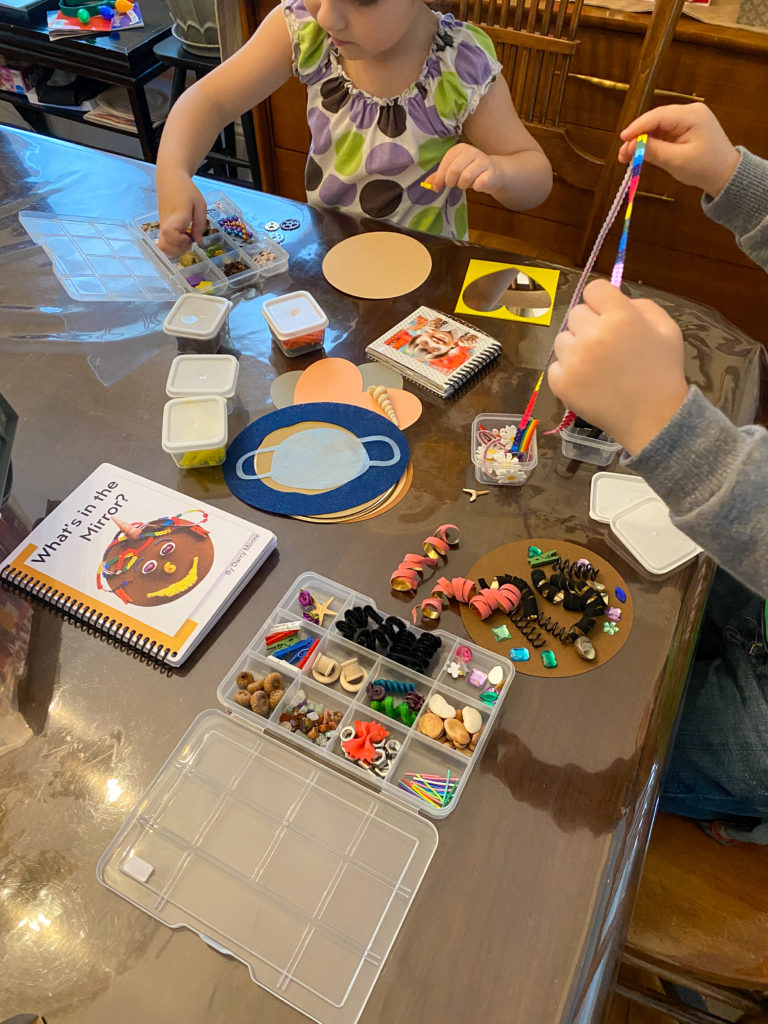
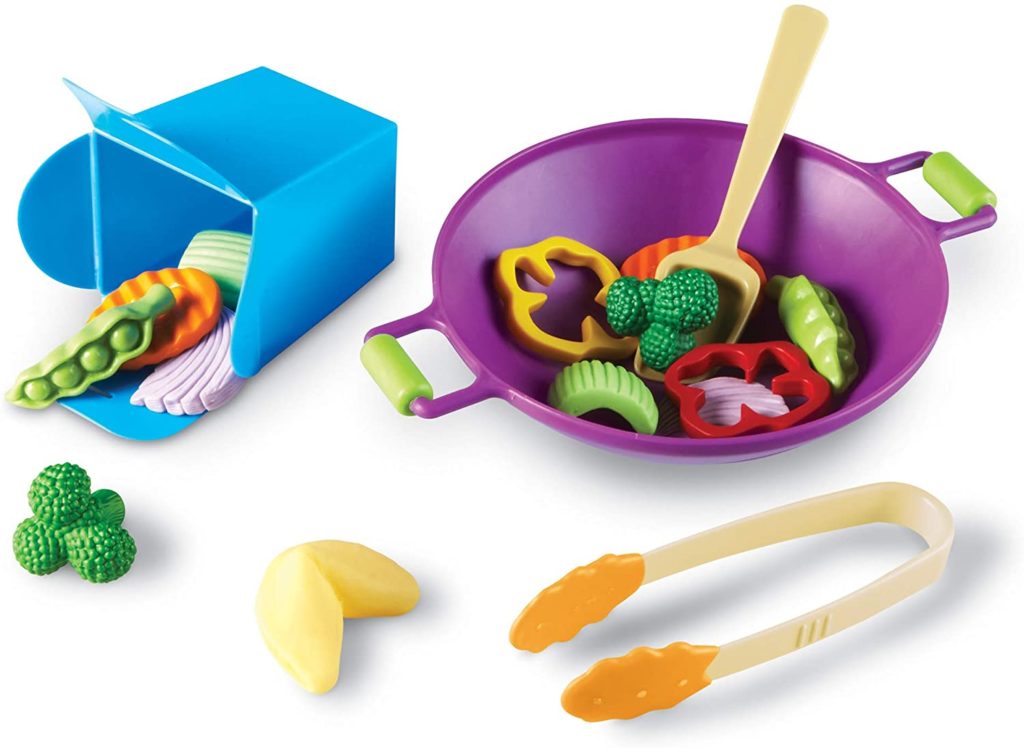
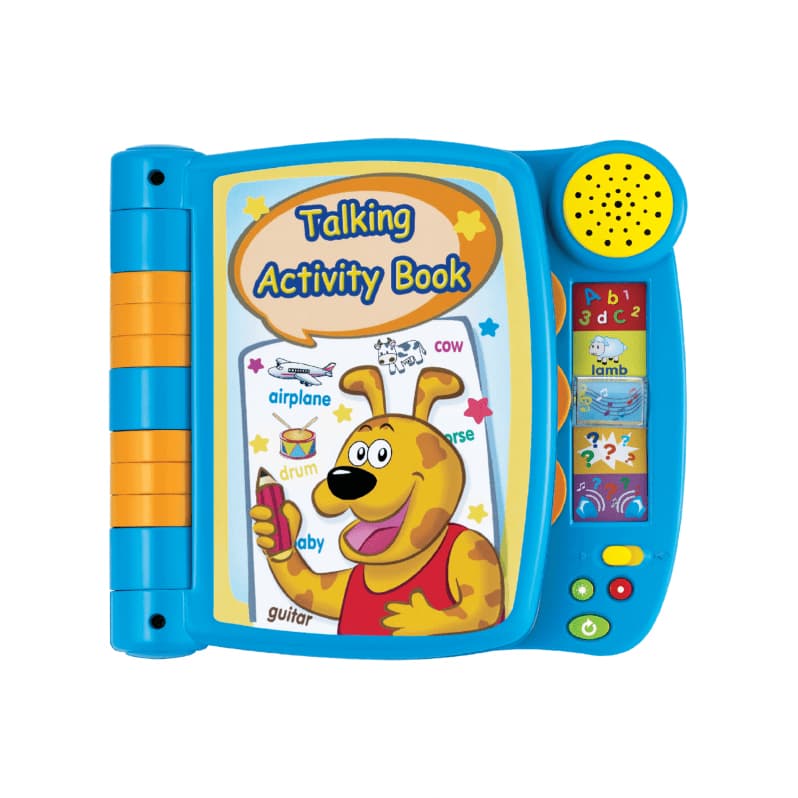
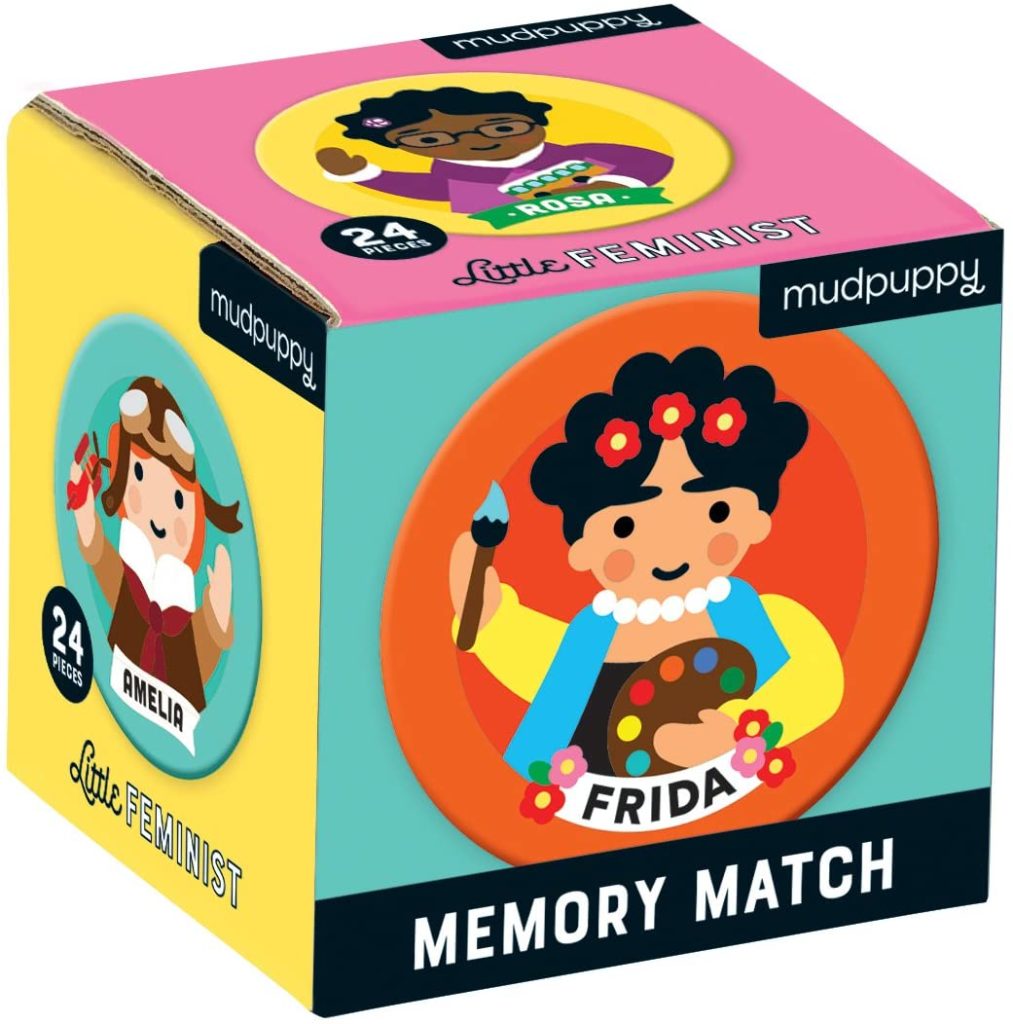
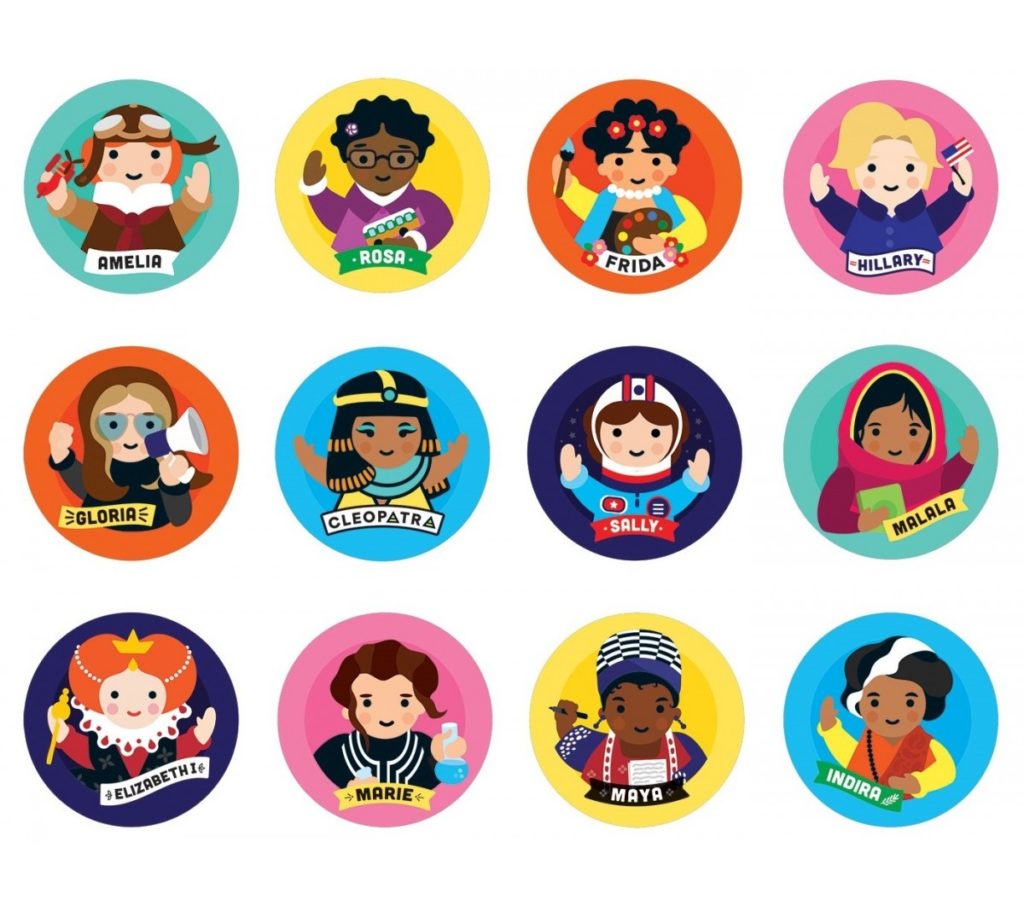
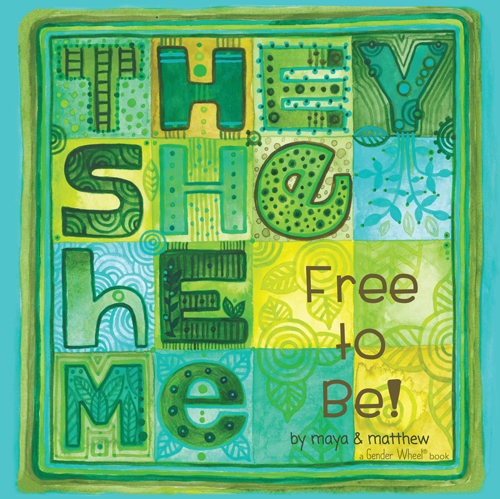
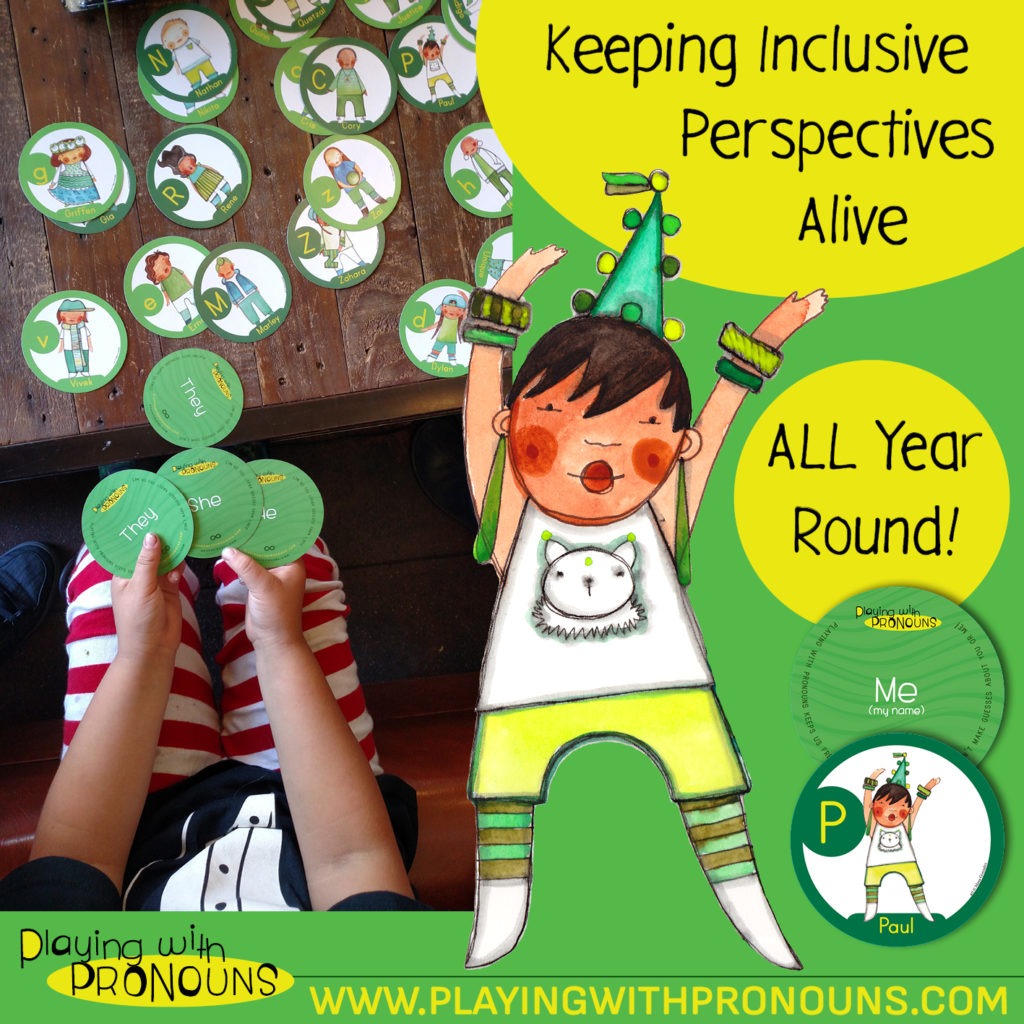
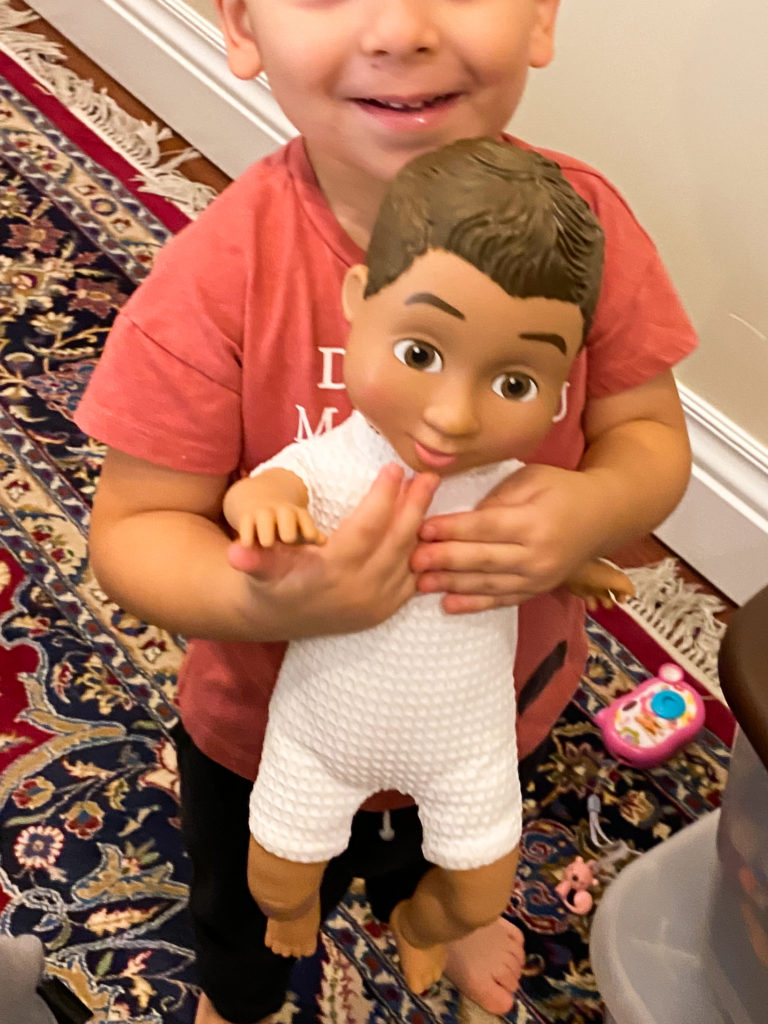
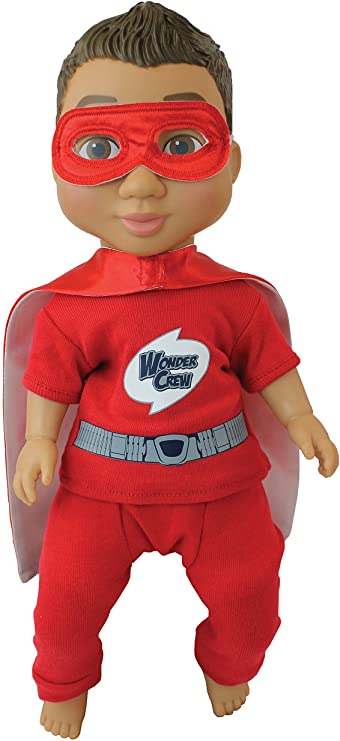
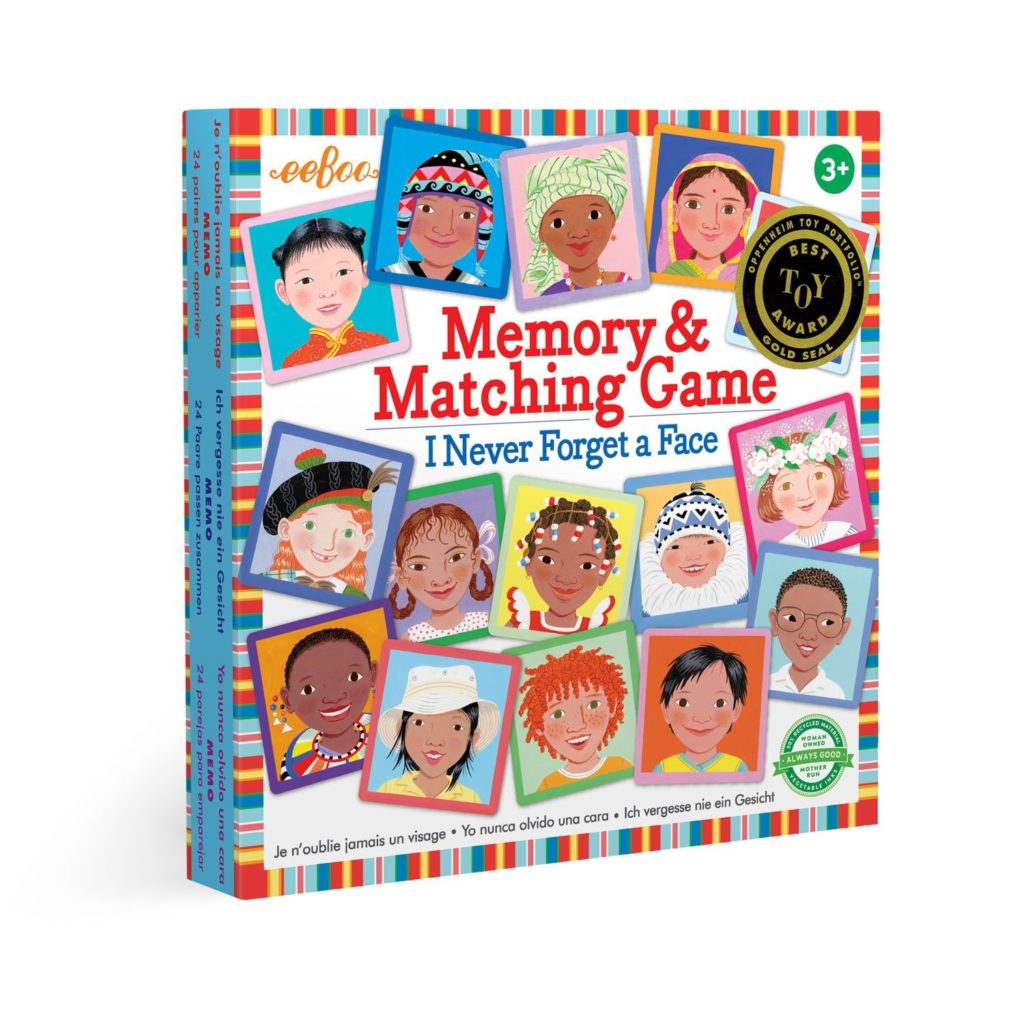
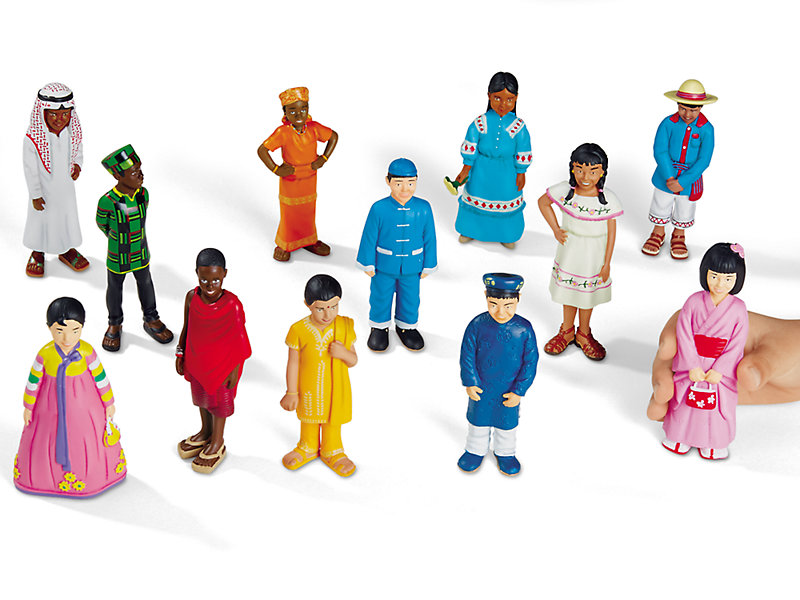
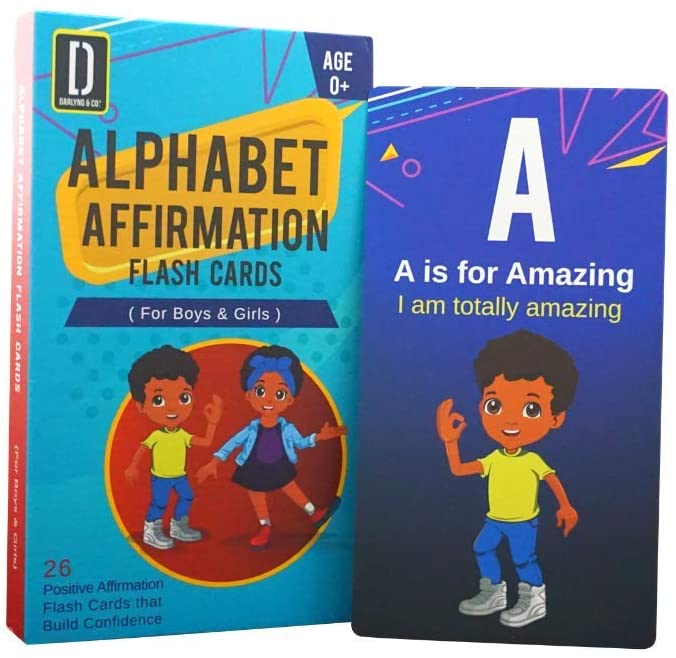
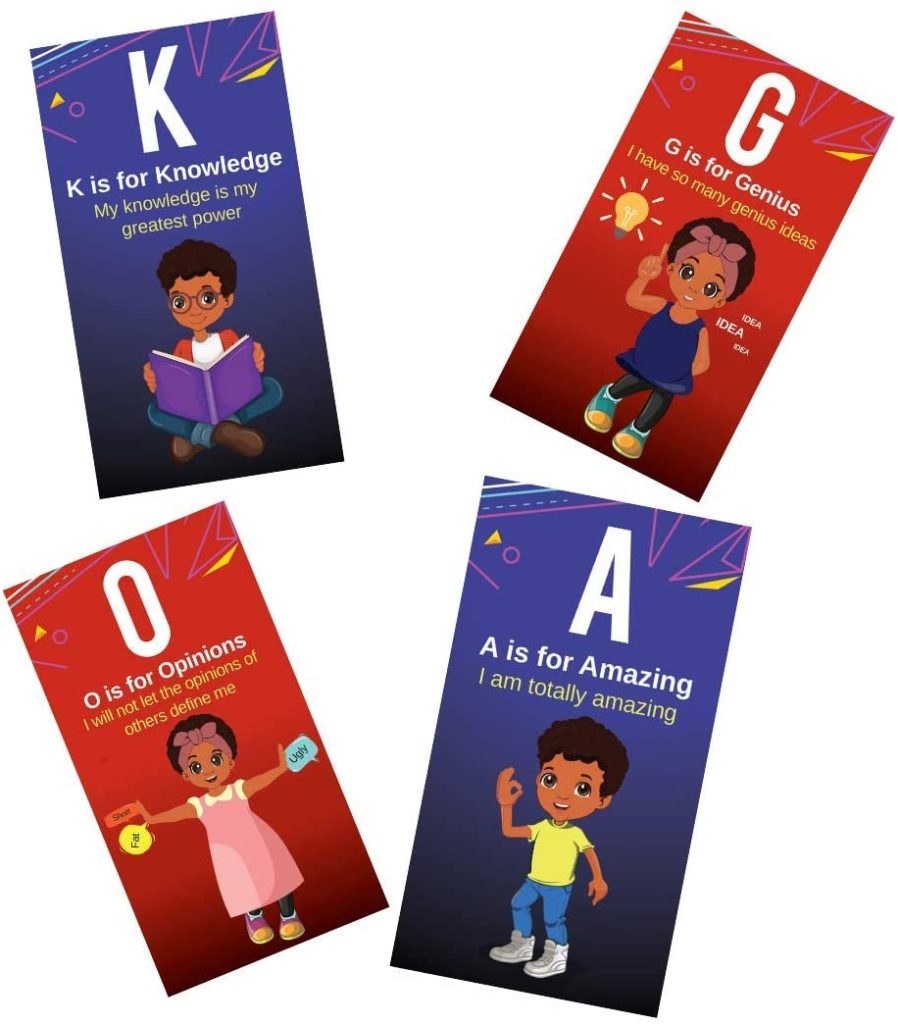
Leave a Reply